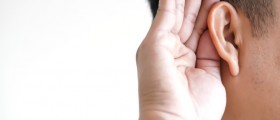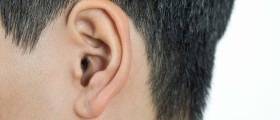
Vestibular system and the main characteristics
Vestibular system plays has a very important role in movement and maintaining balance of the human body. It is a complex system that involves a part of the inner ear and sends signals to the neurons that are responsible for the movements of the eyes and to those muscles that allow us to stand upright. This system not only is involved with the vision and auditory systems, but with the pressors on the soles of the feet, facial or trigeminal nerve and the masseter muscle of the jaw. In case something is not functioning the way it should, people may experience anxiety or even panic attacks, as well as a number of other serious problems.
Vestibular system disorders
Since so many systems and parts of the body are related to the vestibular system, there is a number of serious disorders that are related with the malfunctioning of the system. An injury, virus or infection of the upper respiratory system, inflammation of the inner ear, the use of antibiotics, migraines, or even allergic reactions or inadequate flow of the blood to the brain are only some of the reasons that might cause vestibular disorders. The most common symptoms include dizziness, nausea, problems with vision and unsteadiness while walking, although their severity may vary. Besides them, headaches may also be present, as well as muscle ache, particularly in the area of the upper back or neck. Some of the most common disorders of this kind are labyrinthitis, vestibular neuronitis and Meniere’s disease.
Labyrinthitis is a condition where the inner ear is inflamed that leads to problems with balance, although the loss of hearing and tinnitus might occur as well. Vestibular neuronitis is a type of dizziness, which is followed by vomiting and nausea. What is believed to be the cause of this condition is the inflammation of the nerve that connects the brain and the inner ear, and people who develop it have probably suffered from a cold or flu. Meniere’s disease is a condition that involves the fluid balancing regulating system in the inner ear. People who suffer from it usually feel some pressure that seems to build up in an ear, and the accompanying symptoms are tinnitus, hearing loss and vertigo. The loss of hearing is not permanent.
















Your thoughts on this
Loading...